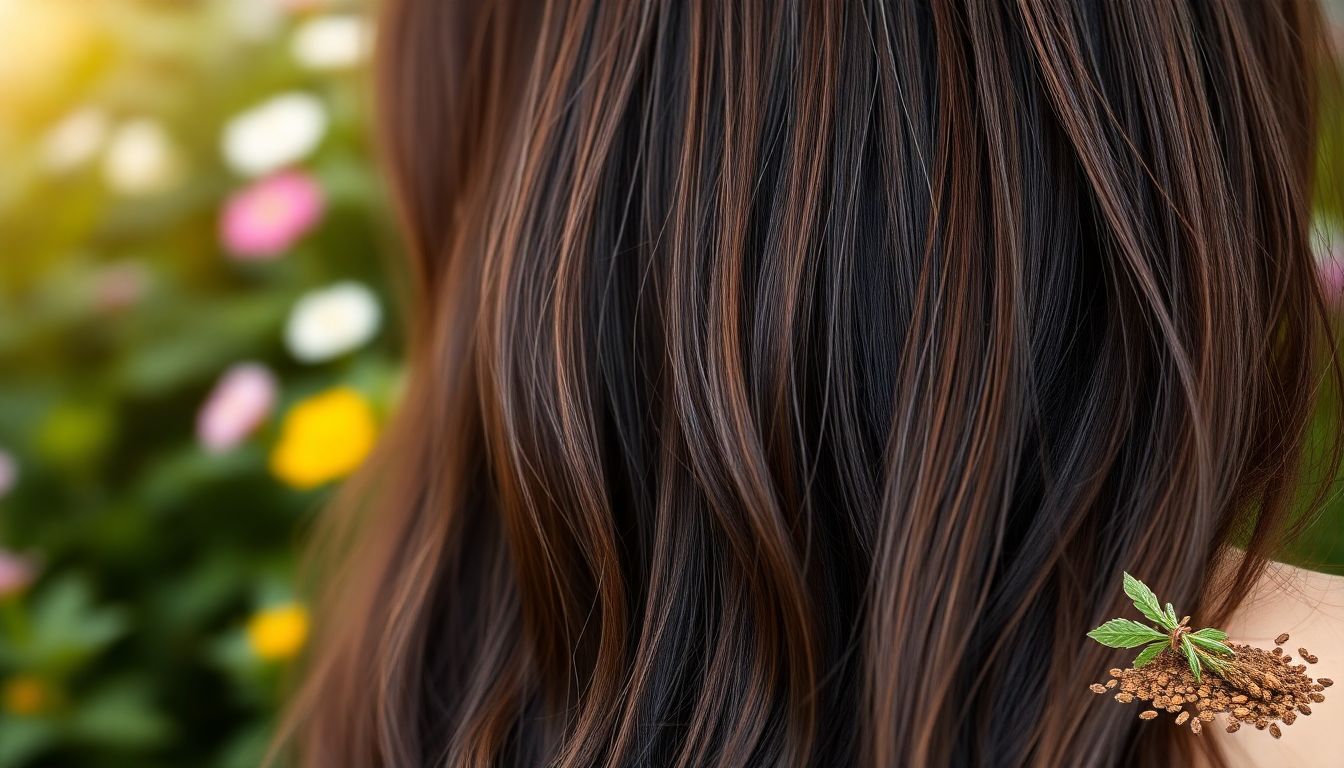
Hair loss affects millions worldwide. Around 40% of men and 25% of women experience noticeable hair loss by age 50. This condition can impact self-esteem and emotional well-being. Finding a solution is essential. This article covers natural remedies that may help combat hair loss effectively.
Essential Oils for Hair Growth
The Role of Essential Oils in Hair Health
Essential oils have been used for centuries to promote hair growth. Oils like rosemary, lavender, and peppermint show promising results. A study published in the American Academy of Dermatology found that rosemary oil improved hair count after six months of use. Similarly, lavender oil has anti-inflammatory properties that can stimulate hair follicles.
Many individuals have shared success stories using essential oils. For instance, one woman applied a blend of rosemary and lavender oil to her scalp daily and experienced significant regrowth within a few months.
How to Use Essential Oils for Hair Growth
To maximize benefits, consider these application methods:
- Scalp Massage: Blend a few drops of essential oil with a carrier oil (like coconut or jojoba oil). Massage into your scalp for 5-10 minutes.
- Hair Masks: Mix essential oils with yogurt or honey. Apply the mask to your hair and leave it on for 30 minutes before rinsing.
Safety Precautions: Always do a patch test before using a new oil. Avoid direct sunlight on your scalp after application.
DIY Hair Oil Blend: Combine 3 drops of rosemary, 3 drops of lavender, and 2 tablespoons of carrier oil for a nourishing treatment.
Dietary Changes to Promote Hair Growth
The Nutritional Link to Hair Loss
Nutrition plays a vital role in hair health. Studies indicate deficiencies in vitamins and minerals can contribute to hair loss. Key nutrients include:
- Protein: Essential for hair structure. Include eggs, fish, and lean meats.
- Iron: Vital for healthy blood circulation. Foods like spinach and lentils are great sources.
- Biotin: A B-vitamin crucial for hair growth. Nuts, seeds, and whole grains can help.
Creating a Hair-Healthy Diet
Sample meal plan:
- Breakfast: Scrambled eggs with spinach and whole grain toast.
- Lunch: Quinoa salad with chickpeas, bell peppers, and sesame seeds.
- Dinner: Grilled salmon with broccoli and sweet potatoes.
Consider taking supplements if you struggle to meet nutritional needs. Consult a healthcare professional before starting any new supplement.
Scalp Massage Techniques
Benefits of Scalp Massage for Hair Growth
Scalp massages enhance blood flow to hair follicles. A study found consistent scalp massage could increase hair density significantly. Besides improving circulation, scalp massage can reduce stress, which is known to contribute to hair loss.
How to Perform an Effective Scalp Massage
Follow these steps for a beneficial massage:
- Preparation: Apply a few drops of essential oil if desired.
- Technique: Use fingertips to apply gentle pressure in circular motions.
- Duration: Massage for 10 minutes, focusing on different areas of the scalp.
For best results, aim to massage your scalp 3-4 times a week.
Herbal Remedies for Hair Loss
Traditional Uses of Herbs for Hair Growth
Herbs have long been part of hair care traditions. Hibiscus, amla, and gotu kola are notable for their benefits. Historical texts reference hibiscus for nourishing hair. Amla is rich in Vitamin C and antioxidants, promoting healthy hair growth.
Incorporating Herbal Remedies into Your Hair Care Routine
You can use herbs in various ways:
- Herbal Teas: Brew hibiscus or amla tea and drink it for overall health.
- Hair Masks: Mix ground gotu kola leaves with yogurt for a soothing mask.
Cautions: Some herbs can irritate the scalp. Always do a patch test first.
Lifestyle Changes for Hair Health
Stress Management and Hair Loss
Stress is a significant factor in hair loss. Research indicates that high-stress levels can lead to temporary hair thinning. Managing stress effectively can support hair health.
Practical Tips:
- Exercise Regularly: Physical activity lowers stress hormones.
- Practice Mindfulness: Meditation and deep-breathing exercises can reduce anxiety.
Sleep and Hair Growth
Sleep quality ties into overall health, including hair health. Studies show that adequate sleep promotes hair growth by allowing the body to repair itself.
Tips for Improving Sleep Hygiene:
- Establish a Routine: Go to bed and wake up at the same time daily.
- Limit Screen Time Before Bed: Reduce exposure to blue light.
Conclusion
In summary, natural remedies for hair loss can effectively promote hair growth. Essential oils, dietary changes, scalp massage, herbal remedies, and lifestyle adjustments are all valuable strategies. Taking a holistic approach is crucial. For personalized advice, consider consulting healthcare professionals who can guide you on your journey to healthier hair. Start exploring these remedies today and take the first step in regrowing your hair naturally.
